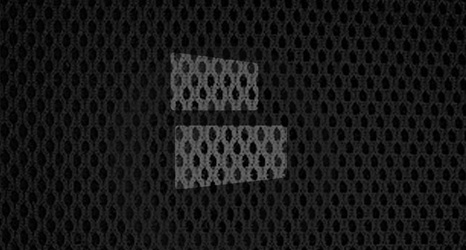If you write a column about athletes kneeling during the national anthem, you can expect to find yourself rapidly mired in debates about free speech. Because speech is (we lightheartedly hope) nuanced and complex, there will always be an element of “I know it when I see it” in placing cases into “protected” or “unprotected” categories. Which means we could spend the rest of our lives arguing about just what free speech means - and, frankly, we probably will.
In 1989, the Supreme Court ruled that a communist agitator (no, really) named Gregory Lee Johnson had a First Amendment right to burn a flag in protest outside the Republican National Convention.
